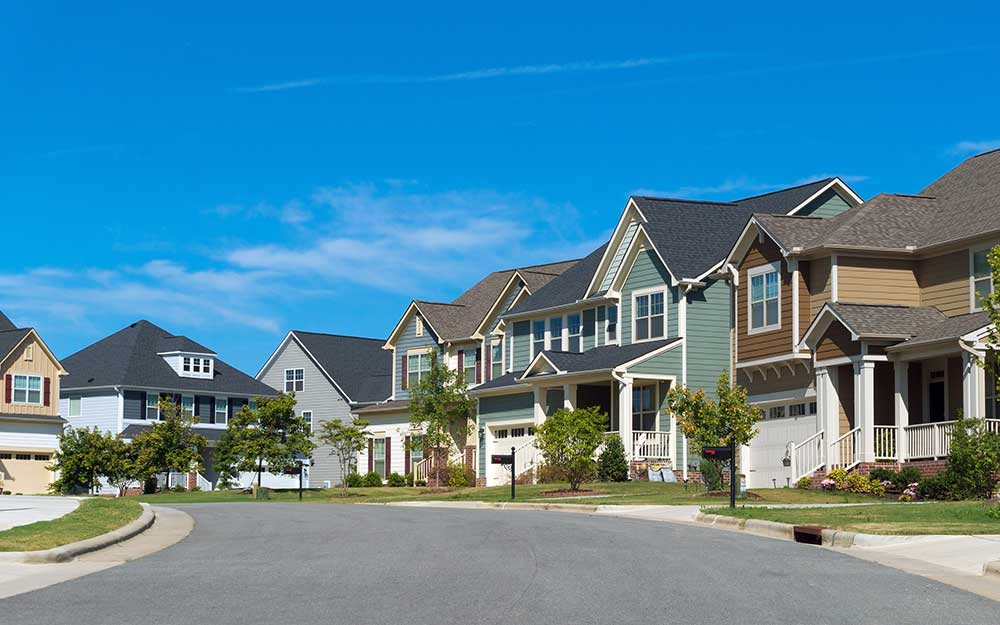Blog

Trusted Northwest Suburban Law Firm
847-944-9400
How to Avoid Illinois HOA Legal Conflicts
By Isaac Franco
In our state, living in a neighborhood or condominium complex comes with obligations that must be upheld to avoid Illinois HOA legal conflicts. While having a HOA can offer many advantages in the way of environmental aesthetics, safety and community spirit, the trick to a good HOA-homeowner relationship is that everyone follows the rules.
This is even more important as the number of living communities continues to climb, along with the potential for Illinois HOA legal conflicts. According to the Community Association Institute (CAI) National and State Statistical Review, the state of Illinois also ranks fourth in the number of associations in the state—18,500 in 2015. Also, the number of community associations in the U.S. overall has grown steadily since 1970 and will probably continue.
For both the homeowner and Illinois HOA to be happy, rules should be clearly laid out in the bylaws, as well as the Covenants, Conditions and Restrictions (or CC&Rs) to prevent any legal conflicts. Each party should clearly understand their duties and obligations. But what happens when the HOA is not living up to their part of the agreement?
The most common reason homeowners in Illinois find themselves in legal conflicts with their HOA is that the association seems to be shirking their responsibilities, usually in regard to the repair and maintenance of common areas. Examples of this can be an HOA’s refusal to clear snow on a public staircase or refusal to maintain a retaining wall because of an HOA’s claim that these areas are the responsibility of an individual homeowner, not the public. An HOA is almost always responsible for maintaining public areas, which can easily be fixed by simply pointing to the declaration or regulation that says so.
However, when it appears the Illinois HOA is not complying with the bylaws and there is an apparent legal conflict, one must resort to other means to resolve the grievance. While it might be the first solution to come first to mind, litigation should be the last one you pursue. After all, HOAs are populated by your neighbors and often, your friends, and after the problem is resolved, you will still be living among them. It is in the best interest of both parties to resolve the difference by working together, and there are many ways to do that.
1. Attend HOA Meetings. Most HOAs are operated by a Board of Directors, elected from the residents, that holds regular meetings. It’s the people that feel the most strongly about issues that tend to attend these meetings, and typically, everyone is encouraged to attend. For condominium and town home owners in Illinois, The Illinois Condominium Act, 765 ILCS 605/18 and 765 ILCS 160/1-40 of The Common Interest Community Association Act) even specify the right of property owners to be notified of and participate in, the board meetings of an HOA. The best way to air your grievance and get a resolution to your issue is to be at these meetings. It’s also a great way to keep informed about what concerns the board and what future actions they are planning.
2. Get on the board. By becoming part of the board you will become actively involved in the policies, changes, and decisions that the board makes. You may just be able to help impose the changes that you want or possibly even set the agenda.
3. Volunteer for a committee. Most HOAs are composed of resident committees that research, discuss, and resolve issues that are important. For example, an HOA may have a landscape committee, or fence committee to discuss issues and allocate funds for repairs, maintenance, purchases or amendments to bylaws. If you have an issue that pertains to a committee, get on the committee! If the committee does not exist, consider starting one to build community support for your agenda.
4. Start a petition. If all else fails, you always have the option to create a petition and get a number of residents to sign it in support of your issue. Check your bylaws. You may need to get a certain percentage of resident signatures on the petition before the board is obligated to address the issue.
Despite our best efforts, there are times when mediation, or litigation is necessary to resolve differences between a homeowner and the HOA. At Gardi, Haught, Fischer & Bhosale LTD, we are experienced at helping homeowners with Illinois HOA legal conflicts and can work with them peaceably towards a solution.
